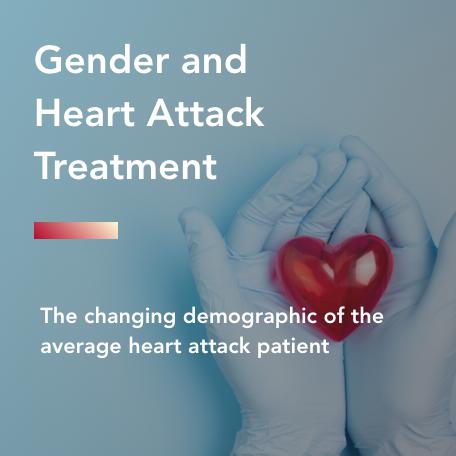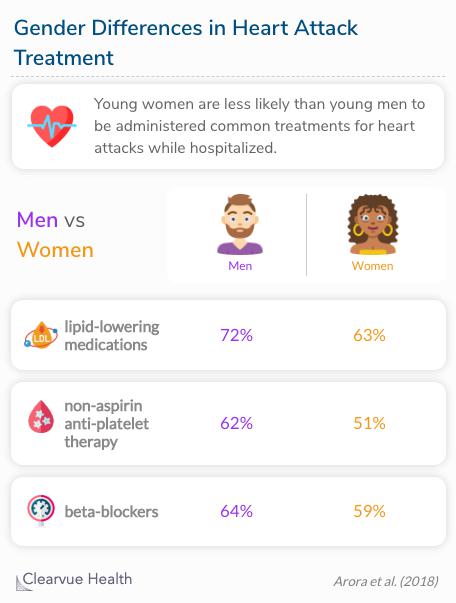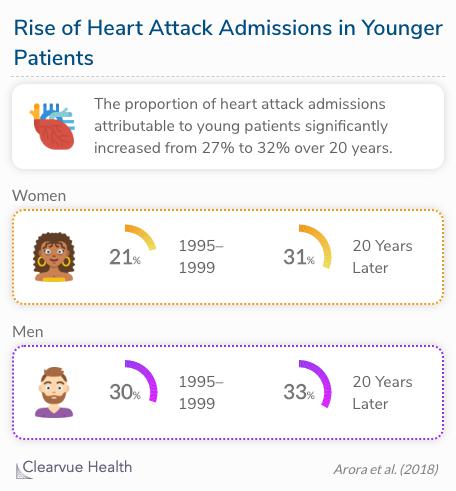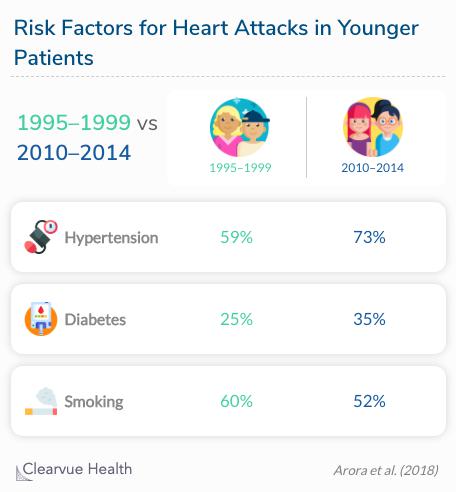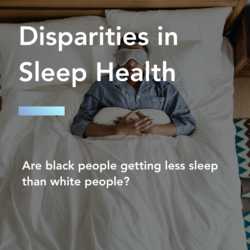Gender and heart attack treatment: the changing demographic of the average heart attack patient
Heart attacks are a leading cause of death, regardless of demographic. They happen when blood flow to the heart is blocked. The condition is urgent and requires care from specialized medical centers. Because heart attacks are common and life-threatening, researchers have created groundbreaking treatments for prevention, management, and recovery.
Gendered differences in heart attack treatment
As impressive as heart attack treatments are, not everyone receives the treatment equally. Data from the Atherosclerosis Risk in Communities Surveillance study identified a difference between the treatment of men and women while hospitalized for a heart attack. From 1995 to 2014, cases of 28,732 heart attack patients were collected from 4 US communities. Of these, 8,737 were under the age of 54.
Women are less likely to be administered common therapies to treat heart attacks while hospitalized.
Source: Twenty Year Trends and Sex Differences in Young Adults Hospitalized With Acute Myocardial Infarction
Why do treatment disparities matter?
Heart attacks are not a gendered condition like breast cancer or prostate cancer. They can affect all genders and should be treated equally. Treating young women with the best quality of care for heart attacks is more important than ever before, especially now that their disease burden is rising.
The overall proportion of heart attack hospitalizations attributable to young patients has risen over the last twenty years. This increase is particularly significant in women. Given that more young women are coming into the hospital with heart attacks, we do not know the underlying reason for treatment disparities. From this data, we can infer that standard medical practices are more focused on male patients because they had a higher prevalence of heart attacks in the past.
Why are women getting heart attacks more often?
According to the research, risk factors for heart attacks may also be associated with the increase in young patients. Over the twenty-year period, cases of hypertension and diabetes increased in the US population. However, the study also found that other risk factors, like smoking, declined in prevalence.
Key takeaways
There is no single explanation for this trend. From this data, we can see that the average heart attack patient is younger and more often female than in previous decades. From a public health perspective, it seems like there could be a long list of risk factors that contribute to this trend. Overall, medical treatments and research should adjust to account for the changing demographics of this condition.
